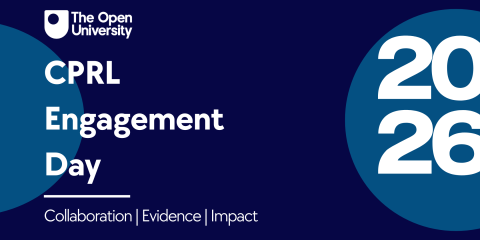1.40 Examining the use of Evidence Led Prosecutions (ELPs) in domestic abuse cases
Academic team: Dr Anna Hopkins, Dr Holly Taylor-Dunn, Dr Shona Morrison
Policing partners: Thames Valley Police, Hampshire Constabulary, North Yorkshire Police
Status: Complete
An earlier Police Star research grant enabled an initial study to explore the use of ELPs in England and Wales, '4.08 Examining decision-making on the use of ELPs: including their effect on victims' satisfaction levels and subsequent re-engagement with the criminal justice system'. The pilot project has now been completed. Analysis suggests there are gaps in terms of evidencing the fear experienced by the victim which could help with hearsay applications.
The goals of this project are two-fold:
Goal 1: To build the evidence-base on ELPs by extending the research to another three police forces which are diverse in terms of geography and size. This project will adopt a similar methodological approach as the pilot project, analyisng police case files and interviewing victims and CPS prosecutors - however, it will also introduce officers' perspectives by means of focus groups.
Goal 2: To run workshops as the foundation for an online learning tool to improve use of ELPs and to disseminate findings. This includes understanding and evidencing of fear, as well as considering the needs of victims whose cases are taken forward as an ELP.
Benefits: This project will
- Contribute to trust and confidence in the police through improved ways of working with victims and CJS
- Improve victim experience when assigned to ELP, with particular emphasis on procedural fairness and increased awareness of victims' choice and victims' rights
- Devise a framework for an online learning tool which aims to improve officer confidence and ability in evidence gathering in ELPs
Outputs
| Title | Outputs type | Lead academic | Year |
|---|---|---|---|
| Furthering the understanding of evidence led prosecutions in domestic abuse cases | Final report | Hopkins, A | 2024 |
News
What does the next decade of evidence-based policing look like? Join us for the CPRL Engagement Day on 21 January 2026
This event provides a collaborative and welcoming environment for shared practice, reflection, and strategic direction-setting. Together, we will explore how our partnership can drive forward the next generation of research, innovation, and professional learning across UK policing.
